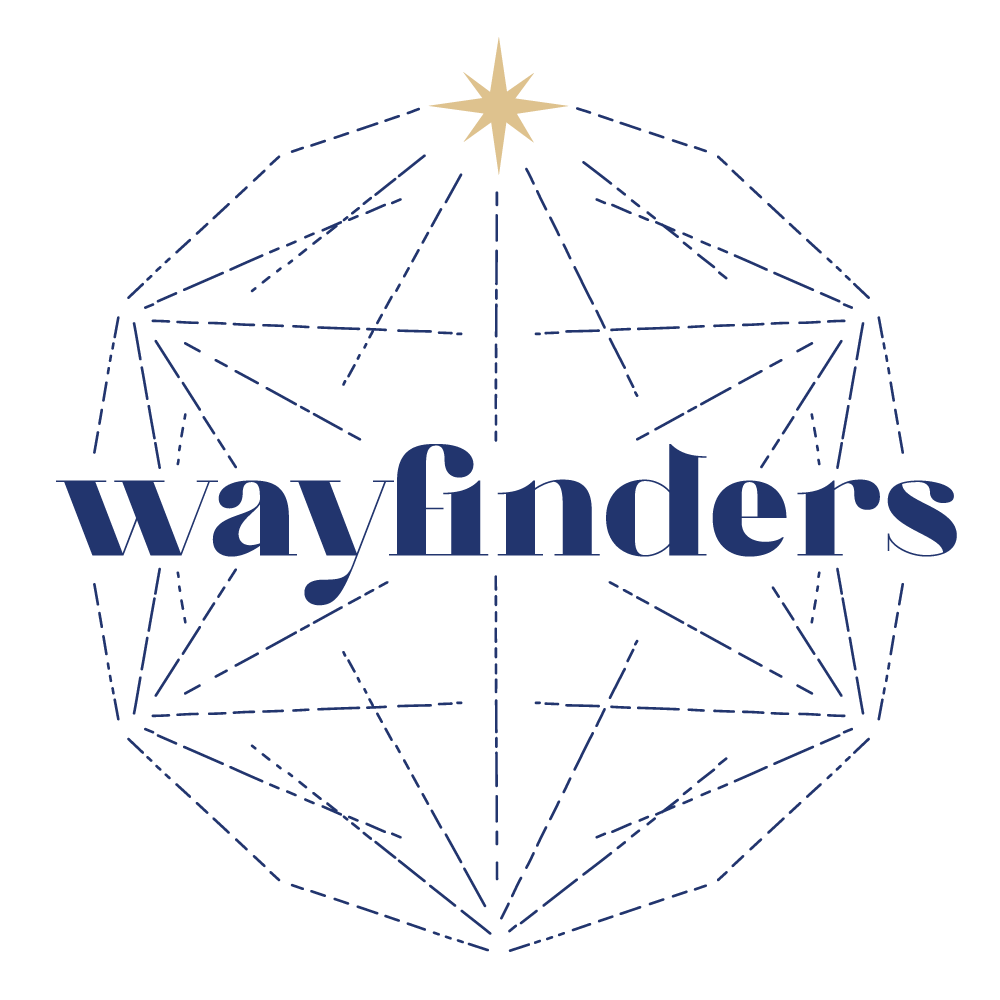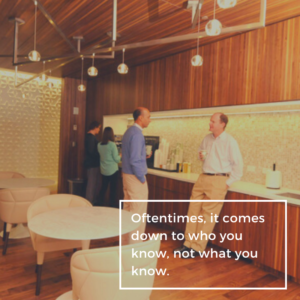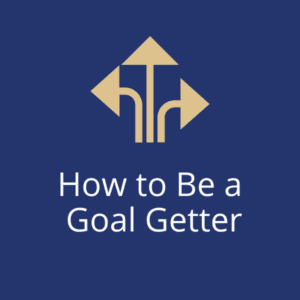Isn’t it time you hired an executive coach and invested in your success?
Even Stars Need Coaches!
How to Find a Business Coach
Even Stars Need Coaches!
Become a leader that you'd be proud to follow. Reach out today for a complimentary Wayfinders Discovery call to learn how.

After leaving behind my work as a law partner to become an executive coach, I got asked a lot of questions about how all this works. “Do you know how to find a business coach? How do I hire one? What do they do?”
As an executive coach for women, I want for you EXACTLY what you want for yourself. My role is to walk alongside you as you develop and clarify your definition of success – both in your career and at home. The type of individuals who call themselves “coaches” and the qualifications they possess vary wildly from one coach to another. Instead of focusing on a coach’s slick website or their promises of results, focus on the quality of the relationship you can have with your coach.
Here’s the truth: The #1 predictor of success in a coaching engagement is the quality of the relationship between the coach and the client.
Finding the right executive coach doesn’t need to be difficult. The best way to find a great coach is to ask for referrals from mentors, sponsors, trusted colleagues, and friends. As an executive coach for for women, I am fortunate to frequently be referred by former clients to women in their network who need support growing their business, honing their leadership skills, or transitioning their careers. Getting a recommendation from a trusted source builds the “know, like, trust” factor with the coach before you even book that first call.

Do your homework.
Once you’ve identified a potential coach, check out their website, peruse their LinkedIn, watch their YouTube videos, stalk them on social media.
Looking at a coach’s online presence can give you insight into what the coach is all about – her personality, her values, the types of clients she works with, what to expect in a coaching engagement, and her expertise.
Once you have narrowed your search to three coaches, book a discovery session with them to discuss your goals and to see how well you connect.
A discovery session should be more like a sample coaching session than a sales call.
To get the most out of your conversation, be sure to save time at the end for questions. Here are six example questions to get started.
1) Are You a Certified Coach? If Not, Why Not?
You don’t have to be certified to be a great executive coach for women. Someone with deep mentorship experience and impressive training skills could be a great coach. However, I would be leery of anyone who positions themselves as a coach who isn’t certified through the International Coaching Federation without a good explanation for why not.
2) What Are the Top Five Characteristics of a Great Coach?
This is a GREAT question to see if the attributes you are looking for in a coach align with the coach’s defining characteristics. There is no wrong answer, but here’s how I would answer the question (as someone who is passionate about serving as an executive coach for women):
-
Presence
-
Enthusiasm
-
Courage
-
Vision
-
Empathy
3) What Are the Most Common Ways You Help Your Clients?
Coaches serve a variety of functions – there are health coaches, life coaches, career coaches, business coaches, leadership coaches, executive coaches, the list goes on and on … Asking for specific examples of ways that a coach has supported her clients will clarify whether she is the right person to support you in your goals. For example, I help my clients in four primary ways:
-
Business development- growing the P+L Line for which she is responsible;
-
Leadership – becoming a developer of talent and building high-performing teams;
-
Transition – determining the next right step in your career path; and
-
Work-life – harmonizing your work life with your home life to achieve success on your own terms.
4) What is Your Coaching Process Like?
An experienced and confident executive coach will have a defined process for how to achieve your goals. Their answer will also shed light on whether their process suits your personality and preferences. (If you’re curious about my process, I’m happy to send you a copy of my Introductory Letter, which spells it all out in plain English!)
5) What Types of Clients Do You Work With?
You want a coach who has a sense of the clients for whom she is most impactful. No coach is a perfect fit for “everyone.” This could be a sign that the coach is a novice or unclear of where she shines. If she lacks clarity for herself, it could be a sign that she will have trouble bringing clarity to your focus areas.
Working within a zone of genius is important to both the client and the coach.
As an executive coach for women, my clients are ALL ambitious professionals – some are seeking more revenue and better titles while others are seeking more balance and fulfillment. There are no wrong answers.
I light up when my clients reach their goals – whether that be signing a new enterprise client, landing their dream job, or getting that big promotion.
6) What Kind of Results Do You Get for Your Clients?
People seek out coaches to support them with strategy, accountability, and results. Whether you’re looking to grow your business or transition careers, a coach should help you shape (and maybe even amplify) your vision and then have the courage hold you accountable so you can achieve transformative results.
Just identifying your dreams isn’t enough; you need an action plan to get there.

With a little prep work, you know how to find a business coach and can confidently enter into a coaching relationship and achieve the transformation you’re seeking. Make sure you clearly communicate your expectations for the coaching engagement and work through any apprehensions prior to signing on the dotted line. A good coach will want you to be 100% confident about your decision to move forward with coaching and will be honored to walk alongside you.
If you’re ready to explore coaching with Wayfinders, I would love to hear from you!! Apply for a complimentary Discovery Session here.
And remember, anyone who doesn’t light you up is too small for you,
Sarah-Nell
Executive Coach + Trusted Advisor to Attorneys and Business Owners
Even Stars Need Coaches!
Become a leader that you'd be proud to follow. Reach out today for a complimentary Wayfinders Discovery call to learn how.
Continue the Conversation with Me on LinkedIn!
Share this post and add your comments! Tag me: @sarah-nellwalsh




